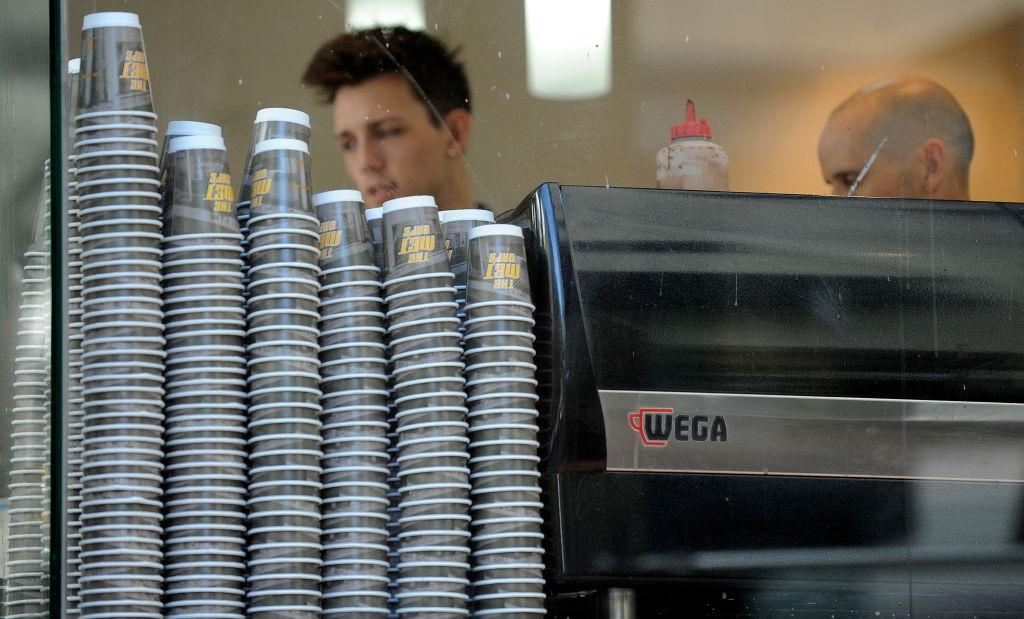Western Australia (WA) has become the first state in the country to ban non-compostable coffee cups as part of its effort to step away from single-use plastics and lids.
The government estimated that the plan’s second stage will save an additional 700 million single-use items each year, with hot beverage cups accounting for more than 154 million of these items per annum.




